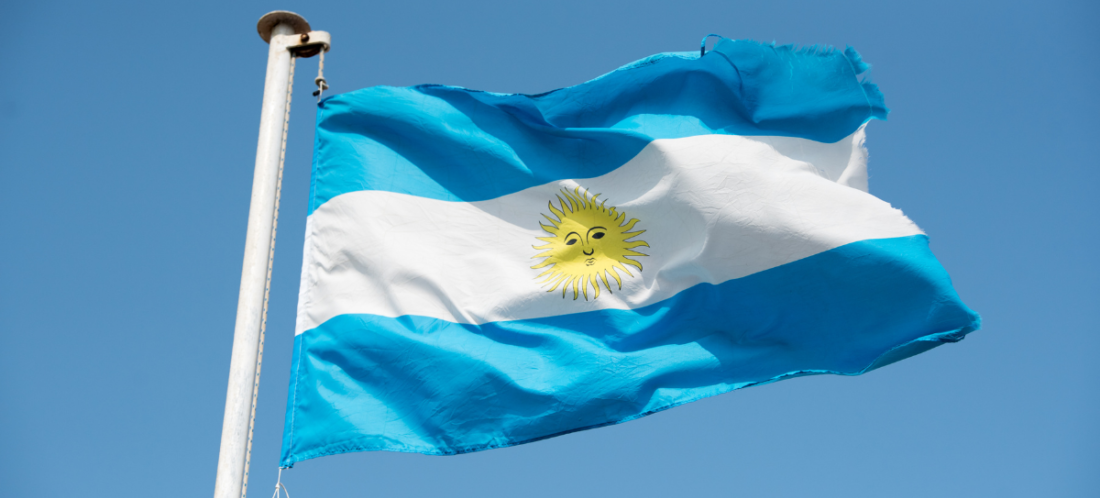
New Regulation Streamlines Customs Process for Importers of Key Products in Argentina
Apr, 09, 2024 Posted by Gabriel MalheirosWeek 202416
Amidst the ongoing debate over rising prices, the Argentine government has announced another measure aimed at streamlining the importation process for textiles, footwear, and appliances.
On April 08, the government confirmed a new regulation that removes textiles and footwear from the “red channel” at Customs, as reported in the Official Gazette. This decision comes at a time when Minister of Economy, Luis Caputo, is embroiled in disputes with various sectors over perceived price hikes. For instance, today he criticized prepaid medicine companies.
Specifically, the requirement for certain products in these sectors to pass through Customs’ ‘red channel’ has been eliminated. This channel previously mandated the most rigorous level of inspection upon entry into the country.
Under this system, all goods subject to this rule underwent a thorough document and physical inspection. With the newly implemented measure, detailed in resolutions 154/2024 and 112/2024, the current administration aims to streamline the process and alleviate the burdens imposed on importing companies.
According to government sources, the mandatory Customs inspections resulted in increased costs and delays for importing firms due to the rigorous nature of the process and the associated timelines. By eliminating this requirement, companies stand to save a significant amount on import expenses. Government estimates suggest that container clearance costs will be reduced by $1200 per container, resulting in an average savings of approximately 2.5% per shipment.
Juan Carlos Hallak, former director of the National Foreign Trade Commission during Mauricio Macri’s administration, praised the measure as a positive step towards facilitating imports for affected sectors. He emphasized the importance of avoiding potential obstacles and noted that the reduction in bureaucratic hurdles would benefit both businesses and the economy.
Government officials emphasized that this measure is part of a broader effort to simplify the import process and reduce unnecessary bureaucratic procedures. They stated that the initiative aligns with the government’s goal of promoting more efficient economic management.
The measure, which has already taken effect, modifies the requirements for importing merchandise from abroad.
At Customs, goods are subject to three review stages—green, orange, and red channels—based on various factors such as reviews, required forms, invoices, certificates, authorizations, and other documentation. Previously, certain sectors were mandated to undergo the most rigorous channel (red), leading to complaints from companies and customs brokers about increased costs and delays in delivering merchandise.
Sectors such as textiles, footwear, and products subject to antidumping measures were among those affected. Specifically, ‘red channel’ clearance was required for finished garments, yarns, fabrics, or apparel destined for local production. Similarly, products subject to antidumping measures, including radiators, air conditioning units, fans, cutlery, thermoses, boilers, and covers, were also subject to the same scrutiny.
With the implementation of this new measure, all these sectors will now fall under the general importation scheme, subject to random verifications established by Customs for the entire tariff universe.
According to official estimates, this measure will eliminate 36% of import operations that were previously subject to the ‘red channel’ at Customs, accounting for 7% of total imports entering the country.
Source: La Nación
Click here to be redirected to the original news article: https://www.lanacion.com.ar/economia/en-medio-de-la-pelea-por-los-aumentos-facilitan-la-importacion-de-textiles-calzados-y-nid08042024/
-
Grains
May, 20, 2022
0
Rice exports are affected by a lack of containers and an unfavorable exchange rate
-
Shipping
Jun, 06, 2024
0
MSC Launches Carioca: New Standalone Service Connecting Asia to South America East Coast
-
Grains
Oct, 18, 2022
0
Wheat exports in Argentina deplete, Brazilian sales grow
-
Ports and Terminals
Jan, 13, 2023
0
Port of Pecém reaps new container throughput record in 2022

